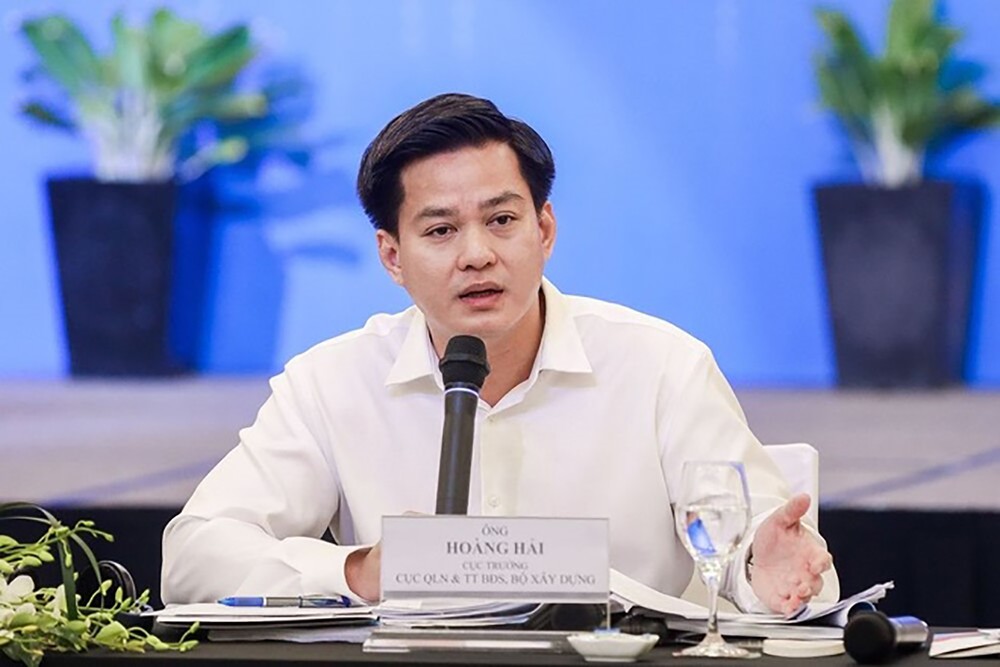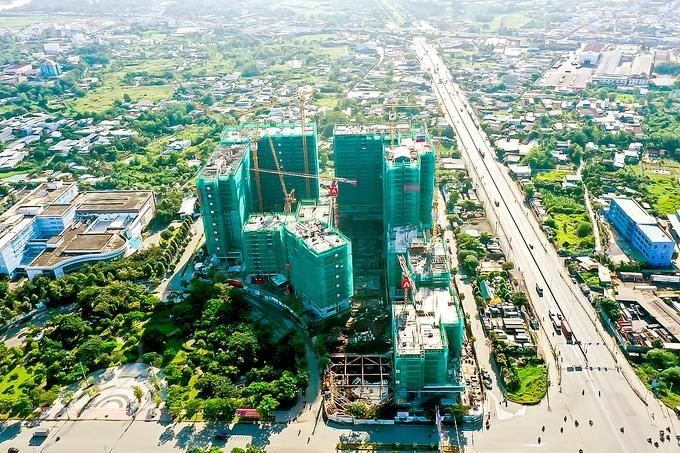
According to Director of the Ministry of Construction’s Department of Housing and Real Estate Market Management Nguyen Hoang Hai, the two new laws will help eliminate the overlaps and conflicts in policies and laws related to real estate such as land, investment, finance, and credit.
Moreover, he pointed out the difference between the 2014 Real Estate Business Law and the 2014 Housing Law and the new ones. Notably, the newly amended laws will promote decentralization and shift reform of administrative procedures from management using administrative tools to effectively using economic tools to promote real estate market development.
Additionally, the role of local authorities in managing real estate and housing business activities will be strengthened.
The new law has very clear regulations on conditions for real estate businesses. For example, there must be a minimum equity requirement and businesses must ensure the ratio of outstanding credit debt and outstanding corporate bond debt to equity. The new law also adds regulations that real estate project investors can only collect a deposit of no more than 5 percent of the selling or rental price when the house or construction project meets all conditions for being put into business according to the provisions of the Real Estate Business Law.

In particular, the law clearly and strictly stipulates project investors' responsibility to provide guarantees, and customers' right to decide for themselves whether to have investors' guarantee. Moreover, it also regulates the responsibility of the guarantee bank in issuing letters of guarantee to the person who has signed a contract to buy or lease a house to be formed in the future.
There are many new points in the new regulations to remove difficulties and obstacles in renovating old apartment buildings. In particular, the new law additionally stipulates that the approval of investment policies for projects to renovate and rebuild apartment buildings shall comply with the provisions of the Housing Law, not abide by the provisions of the Investment Law aiming to create favorable conditions for investors to pour money in the renovation of apartment buildings.
The law also regulates the relocation and forced relocation of owners and users of apartment buildings, clearly defining the rights and responsibilities of local authorities and relevant parties. Funds for relocation and demolition of apartment buildings are included in the total project investment.
The new points of the amended Housing Law include clearly defining the responsibility of setting aside land funds for social housing development as the responsibility of local authorities; additional forms of worker accommodation and housing for people in armed forces.
Furthermore, it also allows the Vietnam General Confederation of Labor to be the governing body of social housing investment projects. Last but not least, it abolishes residency conditions when a person wants to buy, rent and purchase social housing. In particular, the new law has many incentives for investors who invest in social housing projects.
Currently, the Ministry of Construction is coordinating with the Ministry of Justice, the Government Office and relevant agencies to enact newly promulgated amended laws and law enforcement implementation plan so that the new law can be applied in 2024.
























